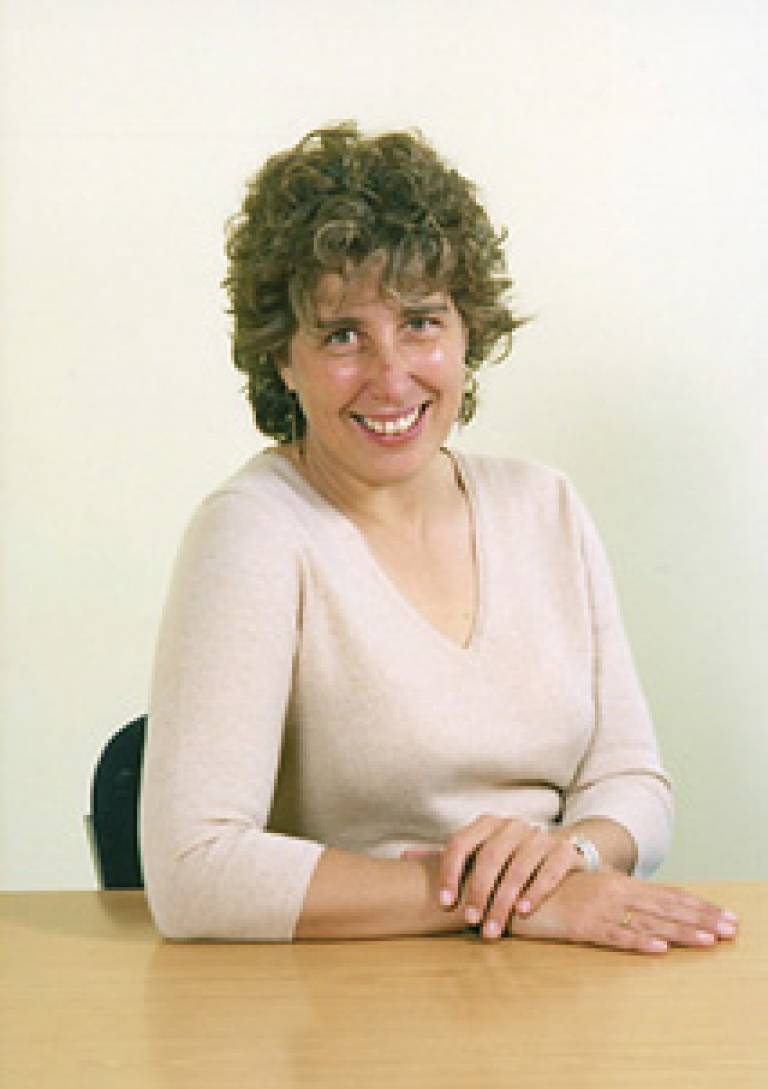Major newborn screening study
12 April 2005
UCL's Professor Carol Dezateux (Institute of Child Health, ICH) is leading a five-year study to evaluate newborn screening methods for medium chain acyl CoA dehydrogenase deficiency (MCADD), a rare inborn error of metabolism.

Professor Dezateux, senior research fellow Juliet Oerton and research fellow Pamela Phillips at UCL's Centre for Paediatric Epidemiology and Biostatistics are coordinating the interdisciplinary study, which brings together researchers from the ICH and Oxford University, clinical scientists in the UK Newborn Screening Laboratory Network, and clinicians in the British Inherited Metabolic Disease Group. The charity Children Living with Metabolic Diseases (CLIMB) is also involved. The group has received £2.4 million in funding from the Department of Health to conduct a pilot screening service and its evaluation.
MCADD is a rare inherited metabolic disease that affects the conversion of medium-chain fats into energy. At times of metabolic stress, for example during illness or fasting, infants with MCADD may develop serious symptoms due to low blood sugar and toxic substances in the blood. It is estimated that between one in 10,000 and one in 20,000 babies are born with MCADD in the UK, and earlier studies have revealed that up to a quarter of affected children will die from the condition at first clinical presentation, with one third of survivors sustaining significant neurological damage.
Professor Dezateux said: "As infants often present with a major and serious illness before the age of two, early detection before symptoms occur could prevent death or disability through dietary management, especially during periods of high risk, for example, with minor infections or vomiting. The primary focus of treatment is to avoid low blood sugar. We will be examining the effectiveness of these early interventions."
A pilot screening service was launched in six newborn screening laboratories across England in March 2004. This service will continue until March 2006, by which time around 750,000 babies will have been screened. The study will answer questions on the effectiveness of screening compared to clinical diagnosis and will inform a planned review of policy by the National Screening Committee.
Professor Dezateux said: "Infants with positive results are referred immediately to specialist teams of doctors and dieticians, whose parents are issued with guidelines until further test results are received. At the coordinating centre for the study at ICH, we will be assessing clinical outcome initially to two years following diagnosis. The proportion of children remaining alive and free of major illness by age two will be compared in affected children identified through screening and those diagnosed following clinical presentation or through family history where screening is not available."
To find out more about the centre use the link below.
 Close
Close

